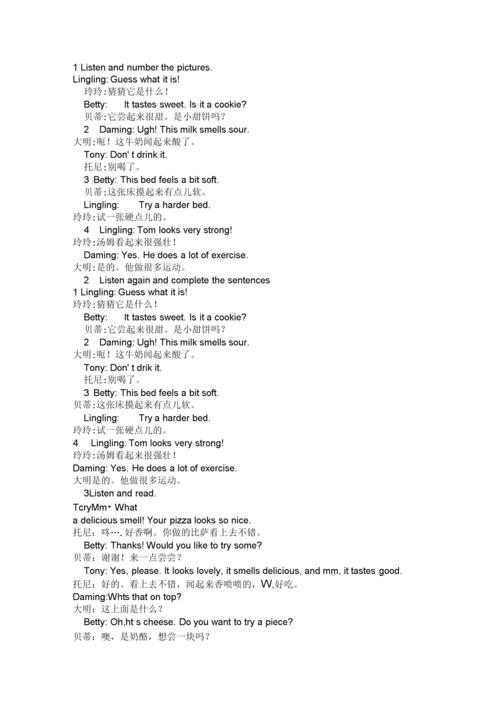"Translation of Scientific Terms: A Guide to Translating Biology, Chemistry, and Physics Terms into English"
When it comes to translating scientific terms from Chinese to English, it's important to understand the specific vocabulary and terminology used in the fields of biology, chemistry, and physics. These fields have their own set of specialized terms, and translating them accurately requires a deep understanding of the subject matter. Here are some key considerations and guidelines for translating scientific terms into English:
1. Understanding the Context:
Before attempting to translate scientific terms, it's crucial to understand the context in which the terms are being used. For example, in biology, terms related to cell biology, genetics, or ecology will have specific English equivalents that may not directly correspond to their literal translations. Therefore, familiarizing yourself with the specific scientific subfield is essential.
2. Use of Standardized Terminology:
Scientific communities often use standardized terminology to ensure clarity and consistency in communication. When translating scientific terms, it's important to refer to established scientific dictionaries, glossaries, or databases that provide approved translations for specific terms. This helps maintain accuracy and avoids ambiguity.
3. Consideration of Word Structure and Meaning:
Many scientific terms are derived from Latin or Greek roots, and understanding the etymology of these terms can provide valuable insights into their meanings. When translating, pay attention to prefixes, suffixes, and root words to ensure that the intended meaning is preserved in English. Additionally, consider the connotations and nuanced meanings associated with scientific terms within the relevant discipline.

4. Seek DomainSpecific Expertise:
For particularly complex or disciplinespecific terminology, consulting with subject matter experts or professional translators with expertise in the relevant scientific field is highly beneficial. Collaborating with professionals who possess a deep understanding of both the source and target languages, as well as the scientific concepts involved, can result in accurate and nuanced translations.
5. Utilize Resources and Tools:
In the digital age, there are numerous resources and tools available to aid in the translation of scientific terms. Online databases, electronic journals, and academic resources can provide valuable reference materials for accurate translations. Additionally, specialized translation software and terminology management tools can assist in maintaining consistency and precision.
6. Adapt to Cultural and Linguistic Nuances:
Translation is not just about replacing words with their equivalents; it also involves conveying the cultural and linguistic nuances inherent in the source language. When translating scientific terms, it's important to consider how the terminology is understood within the target language's scientific community, taking into account any cultural variations or linguistic norms.
In conclusion, translating scientific terms from Chinese to English requires a multifaceted approach that considers context, standardized terminology, word structure, domainspecific expertise, resources, and cultural nuances. By adhering to these guidelines and seeking the input of knowledgeable professionals, accurate and precise translations can be achieved, facilitating effective communication within the global scientific community.












评论